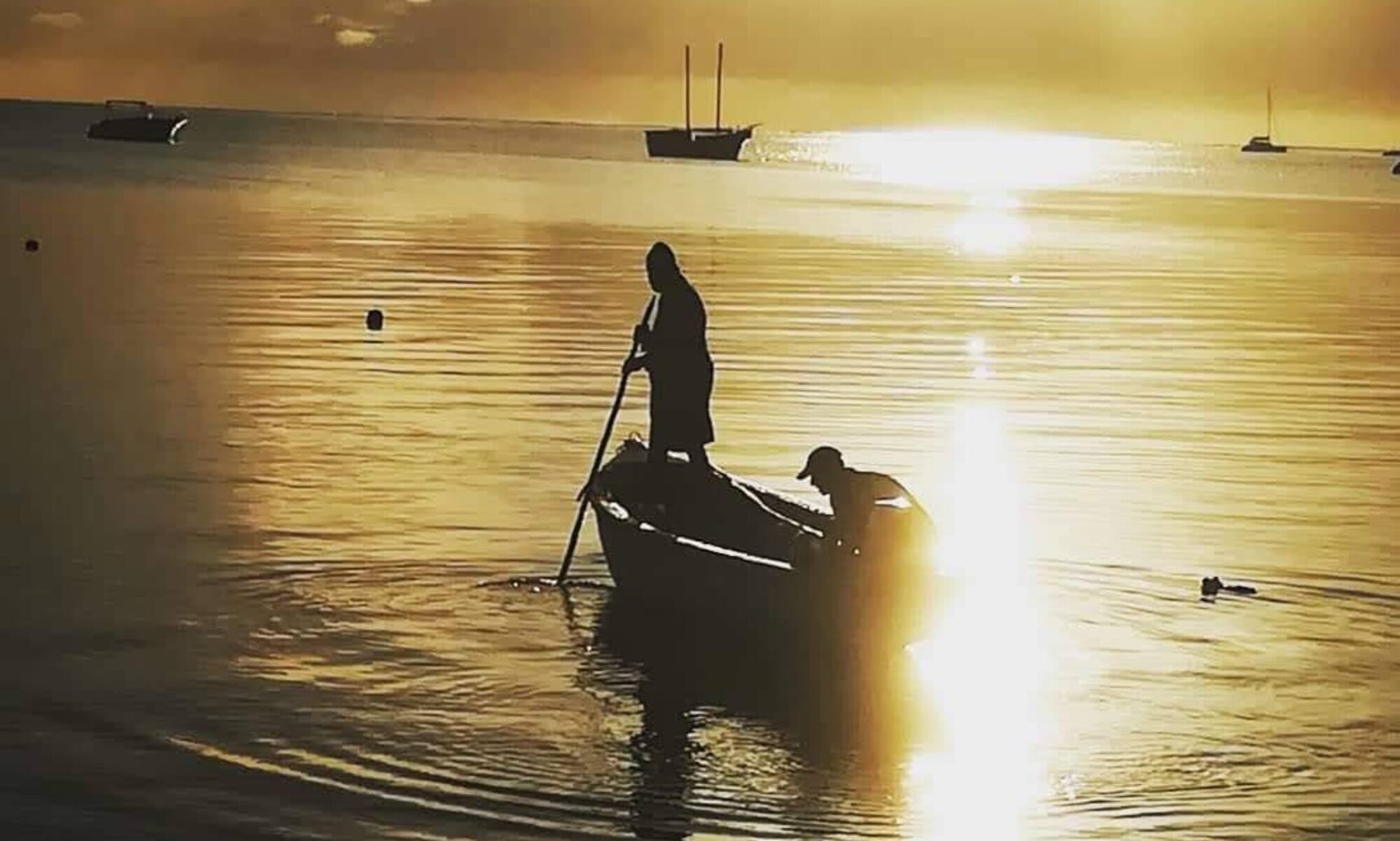Disruption is the word of the day, almost every day. Things that take a long time to build can collapse quickly. Afghanistan is a case in point. And there is disruption from COVID, technological change, and disasters.
Sometimes big and catastrophic change is the result of an unforeseeable crisis like the meteor that wiped out the dinosaurs. But more often, the patterns are present and hidden in plain sight. In looking at the recent flip in power in Afghanistan it is possible to see all the indicators that we missed or simply ignored because we were not tuned to the signals out there. This is a black elephant.
A black swan is a rare disruptive event caused by our blind spots. A black elephant is similarly disruptive but it is like the elephant in the room, visible but ignored.
We are all subject to this tendency. There is more information available to us than ever, yet we tend to be tuned to a narrow feed. We tend to listen to the same sources and people. Social media — and even mainstream media — is increasingly an echo chamber of similar agendas and ideologies.
Staving off sudden disruption is about becoming less insular and more open. Disruption comes from the periphery and can be invisible at the center of systems. At the center, information that is received is likely to be relayed via multiple handoffs, filtered, and distorted like in the old game of telephone. Getting out, seeing things first-hand, talking to people is key to getting ground truth. With this, our world widens and we will become fuller beings. (I’ll write about this in a business context in a future post.)
As we journey to new spaces, we become acquainted with what once was alien. Jim Morrison of The Doors sang: people are strange when you are a stranger. When we befriend the unknown, the unknown morphs into a more familiar face. And in the grander scheme of things, embracing the unknown is about encountering our own selves — our assumptions, fears, and patterns. Joseph Campbell, who wrote about these transformations as the hero’s journey, indicates that this is a perennial and continual human journey that we are all called to make. He wrote:
“We have not even to risk the adventure alone; for the heroes of all time have gone before us; the labyrinth is thoroughly known; we have only to follow the thread of the hero-path. And where we had thought to find an abomination, we shall find a god; where we had thought to slay another, we shall slay ourselves; where we had thought to travel outward, we shall come to the center of our own existence; where we had thought to be alone, we shall be with all the world.”
Here, the true heroic path is not ignoring change or forcing our existing preferences on the world but exploring ways that both change us and the world for the better. As Campbell offered, the goal is to be in and with the world… in more harmonious wholeness. In this way, the risk of disruption is diminished as we reach out and dance with the elephant.
